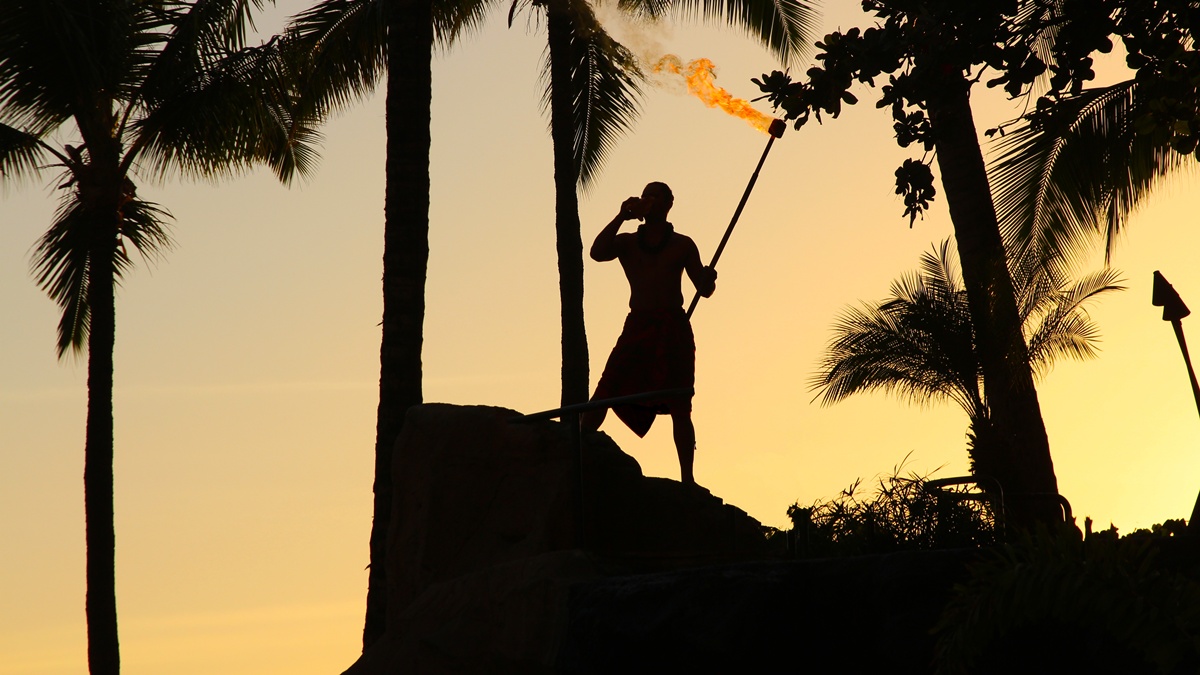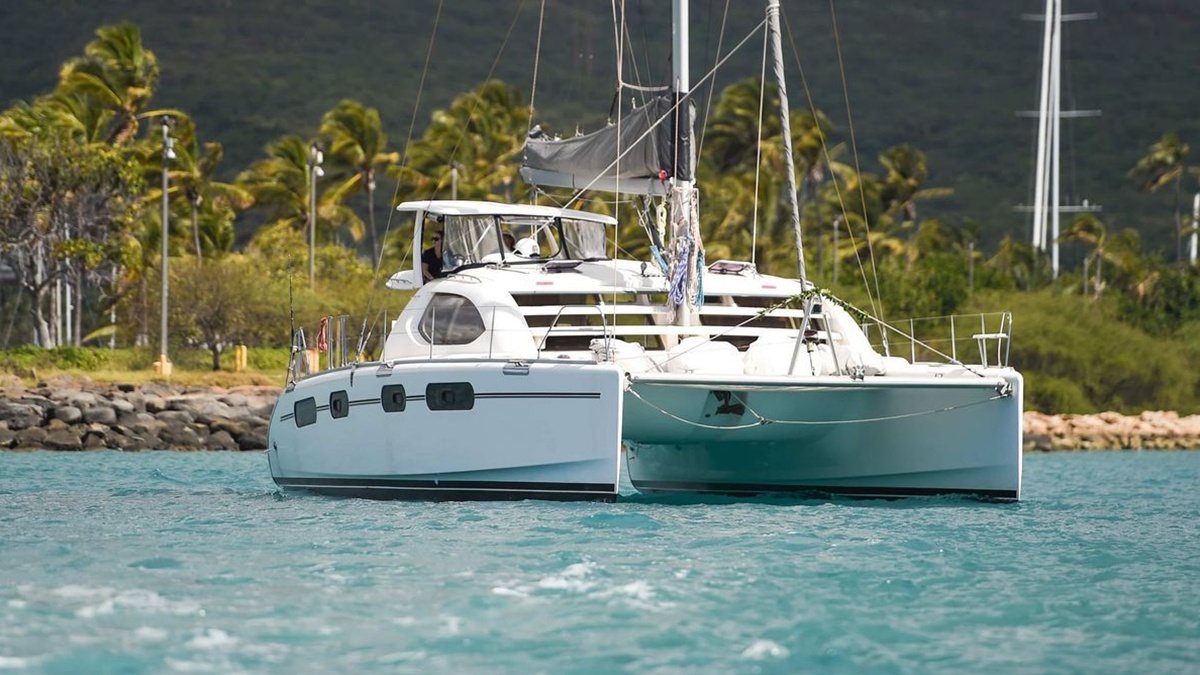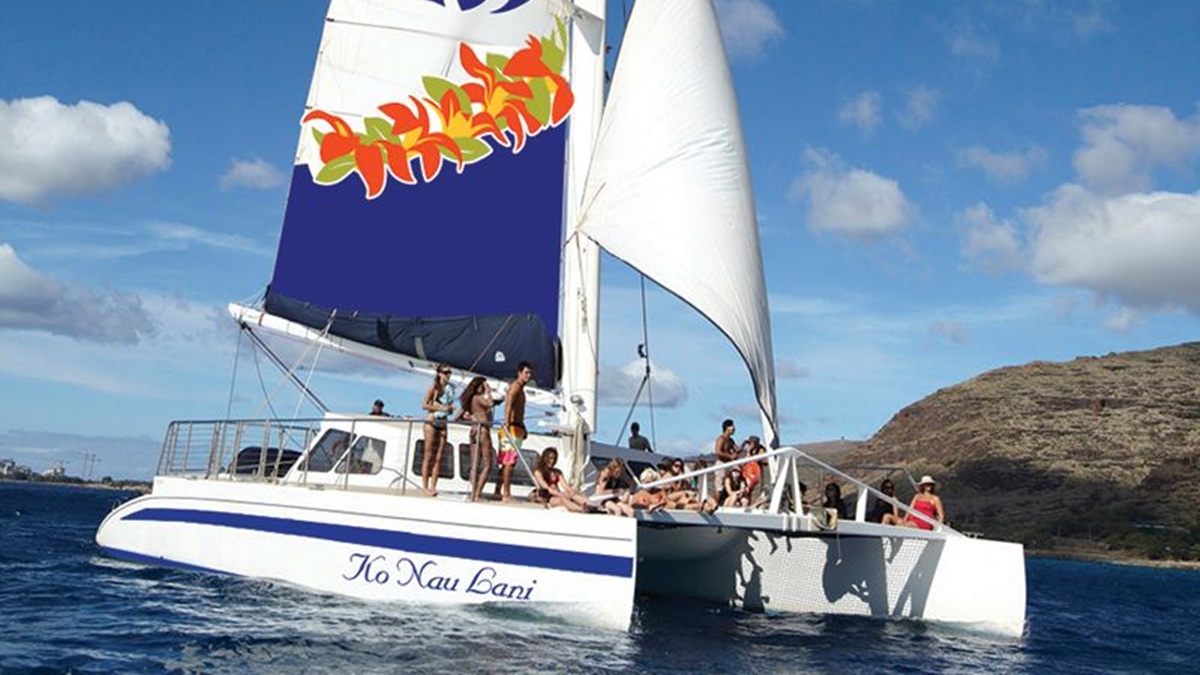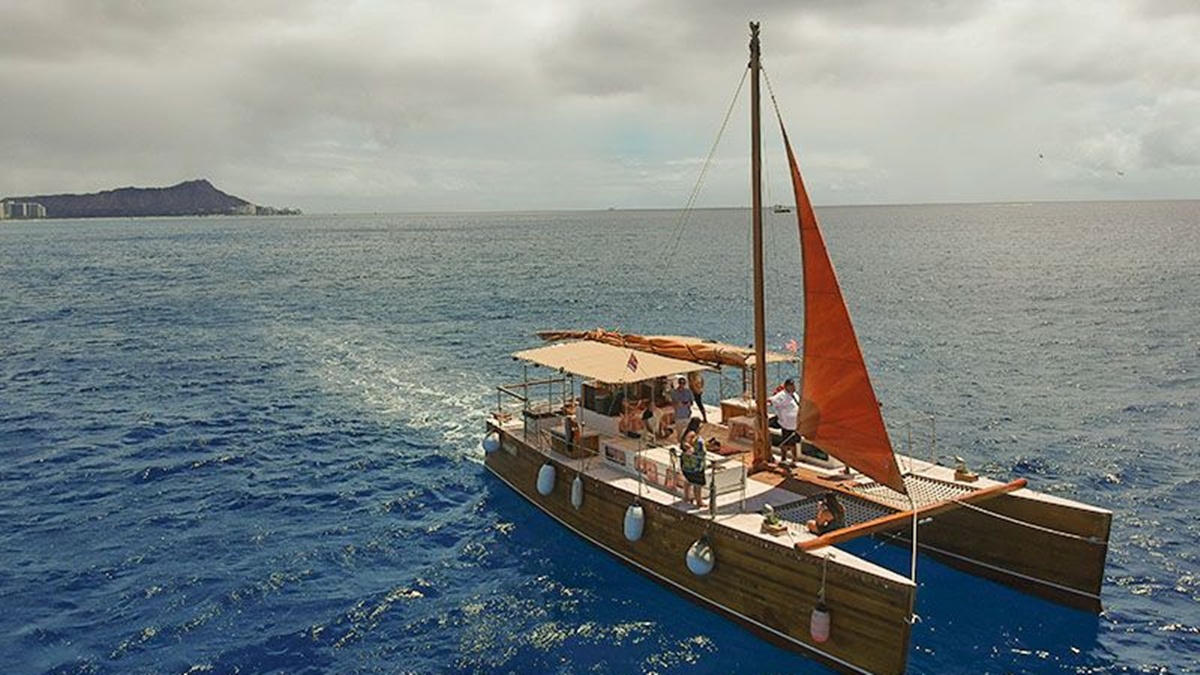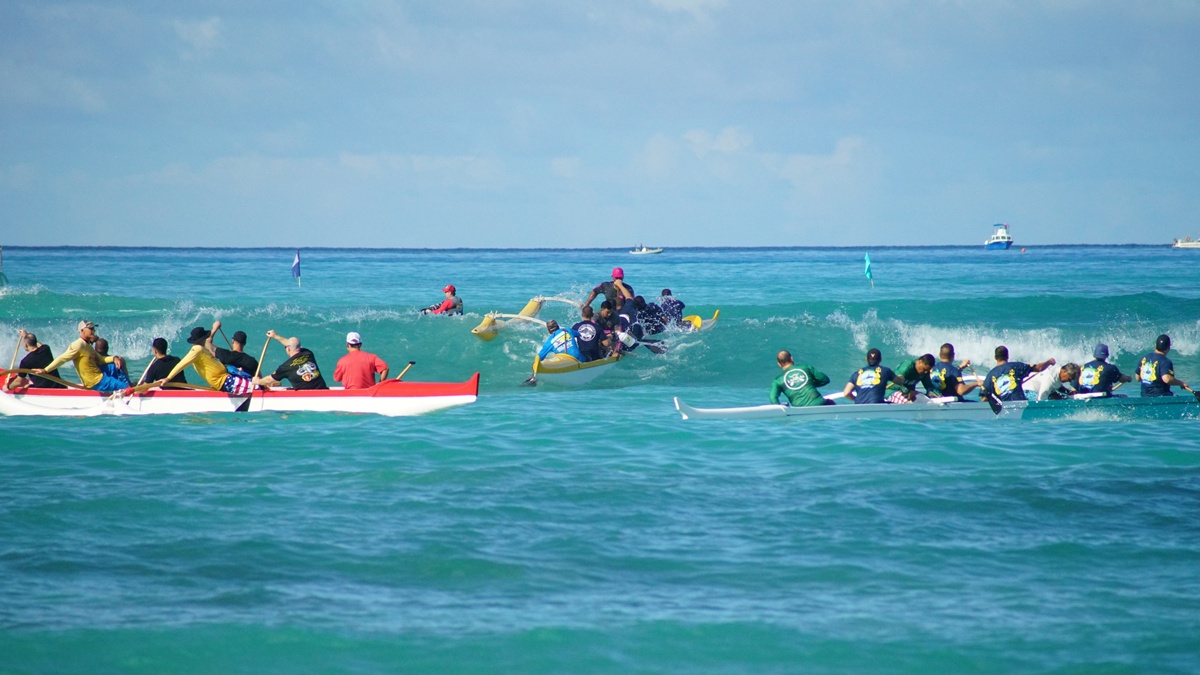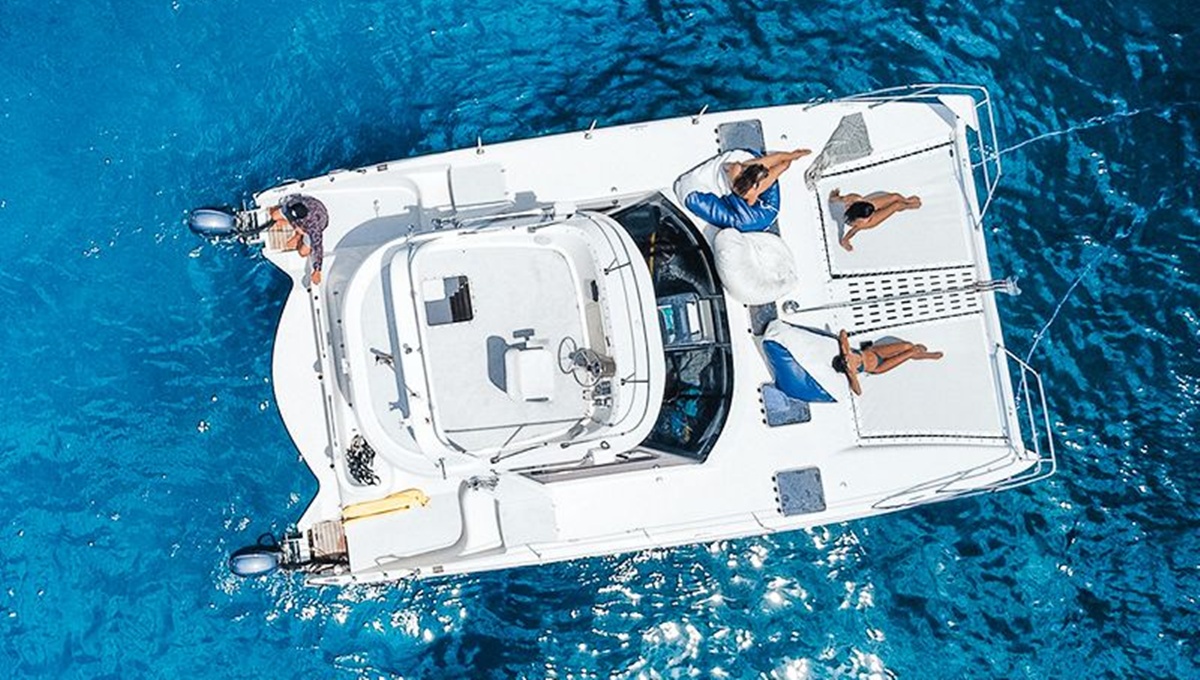In Hawaiian culture, the ocean—known as kai—is more than a vast body of water; it is a sacred entity, a source of life, and a central figure in the islands’ rich tapestry of myths, legends, and spiritual practices. The sea’s profound influence permeates every aspect of Hawaiian life, from cosmology and daily sustenance to oral traditions and ancestral connections.
The Ocean in Hawaiian Cosmology
Hawaiian cosmology reveres the ocean as a divine realm, inhabited and governed by powerful deities:
Kanaloa
One of the four principal Hawaiian gods, Kanaloa is associated with the ocean, healing, and the underworld. Often symbolized by the squid or octopus (heʻe), he embodies the mysteries of the deep sea and is considered a complementary force to Kane, the god of creation and freshwater. Together, they represent balance in nature.
Kamohoaliʻi
A revered shark god and brother to Pele, Kamohoaliʻi is known for guiding lost sailors safely back to shore. In times of peril at sea, offerings were made to him in hopes of securing his protection.
Namaka
The sea goddess and sister of Pele, Namaka is associated with the ocean’s might and its role in shaping the islands. Her interactions with Pele symbolize the dynamic relationship between land and sea.

Mythological Narratives Centered on the Sea
Creation Stories
Legends speak of the islands emerging from the ocean, crafted by divine beings. These narratives underscore the sea’s role as the birthplace of the land and its inhabitants.
Balance of Elements
The dynamic between Pele (volcano goddess) and Namaka (sea goddess) illustrates the interplay between fire and water, land and sea, emphasizing the need for harmony in nature.
The Sea as a Spiritual and Ancestral Realm
In Hawaiian belief, the ocean serves as a conduit between the physical and spiritual worlds:
Ancestral Connection
Many Hawaiians regard certain marine animals as ʻaumakua—ancestral guardians. Families may identify with specific species, believing they embody the spirits of their forebears.
Rituals and Ceremonies
Ceremonial practices often involve the ocean, from offerings to chants, reinforcing the sea’s sacred status and its role in spiritual communication.
Oral Traditions
Storytelling, or moʻolelo, is a vital means of preserving and transmitting knowledge. Tales of the Sea conveys moral lessons, historical events, and spiritual beliefs, ensuring the ocean’s legacy endures through generations.
Marine Life in Hawaiian Legends
Marine creatures hold symbolic significance in Hawaiian lore:

Whales (Kohola)
Seen as embodiments of strength and guidance, whales are featured in legends that highlight their role in creation and their connection to the divine.

Sharks (Manō)
Revered as protectors and ʻaumakua, sharks are central to numerous myths. While most are seen as guardians, some tales, like those of the niuhi (man-eating sharks), serve as cautionary narratives.

Sea Turtles (Honu)
Symbolizing longevity, wisdom, and endurance, the honu is celebrated in stories that emphasize its role as a navigator and spiritual guide.
The Ocean’s Influence on Daily Life and Practices
Navigation
Traditional Polynesian navigation, or wayfinding, relies on an intimate understanding of the ocean’s currents, stars, and winds. The revival of these techniques, exemplified by voyages of the canoe Hōkūleʻa, has reignited cultural pride and connection to ancestral knowledge.
Fishing Practices
Fishing is not merely a means of sustenance but a spiritual practice. Fishermen often perform rituals to honor ocean deities, seeking balance and respect for marine life.
Agricultural Cycles and Festivals
The ocean influences agricultural practices and is integral to various festivals, reflecting its role in sustaining both land and community.

Preservation of Oceanic Traditions in Modern Times
Environmental Stewardship
Recognizing the ocean’s sacredness fosters a commitment to its protection. Community initiatives emphasize sustainable practices and the importance of preserving marine ecosystems.
Educational Programs
Schools and organizations incorporate oceanic traditions into curricula, teaching students about the sea’s cultural and spiritual significance.
The ocean’s role in Hawaiian storytelling and spirituality is profound and multifaceted. It serves as a source of life, a realm of the divine, and a keeper of ancestral wisdom. By honoring and preserving these traditions, Hawaiians continue to navigate the currents of their heritage, ensuring that the sea’s stories remain a guiding force for generations to come.

